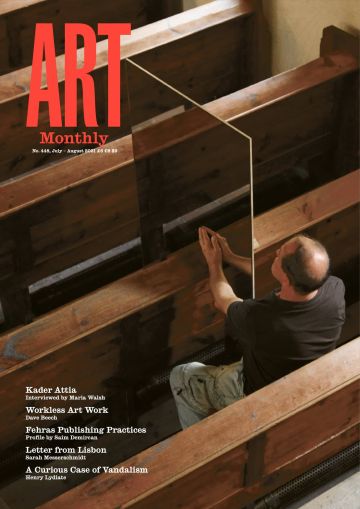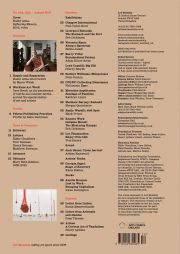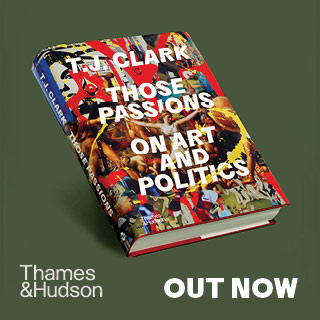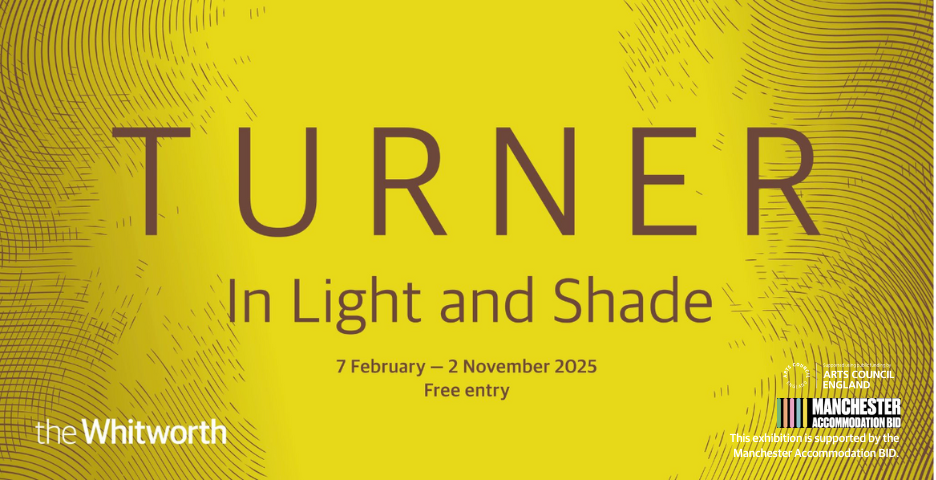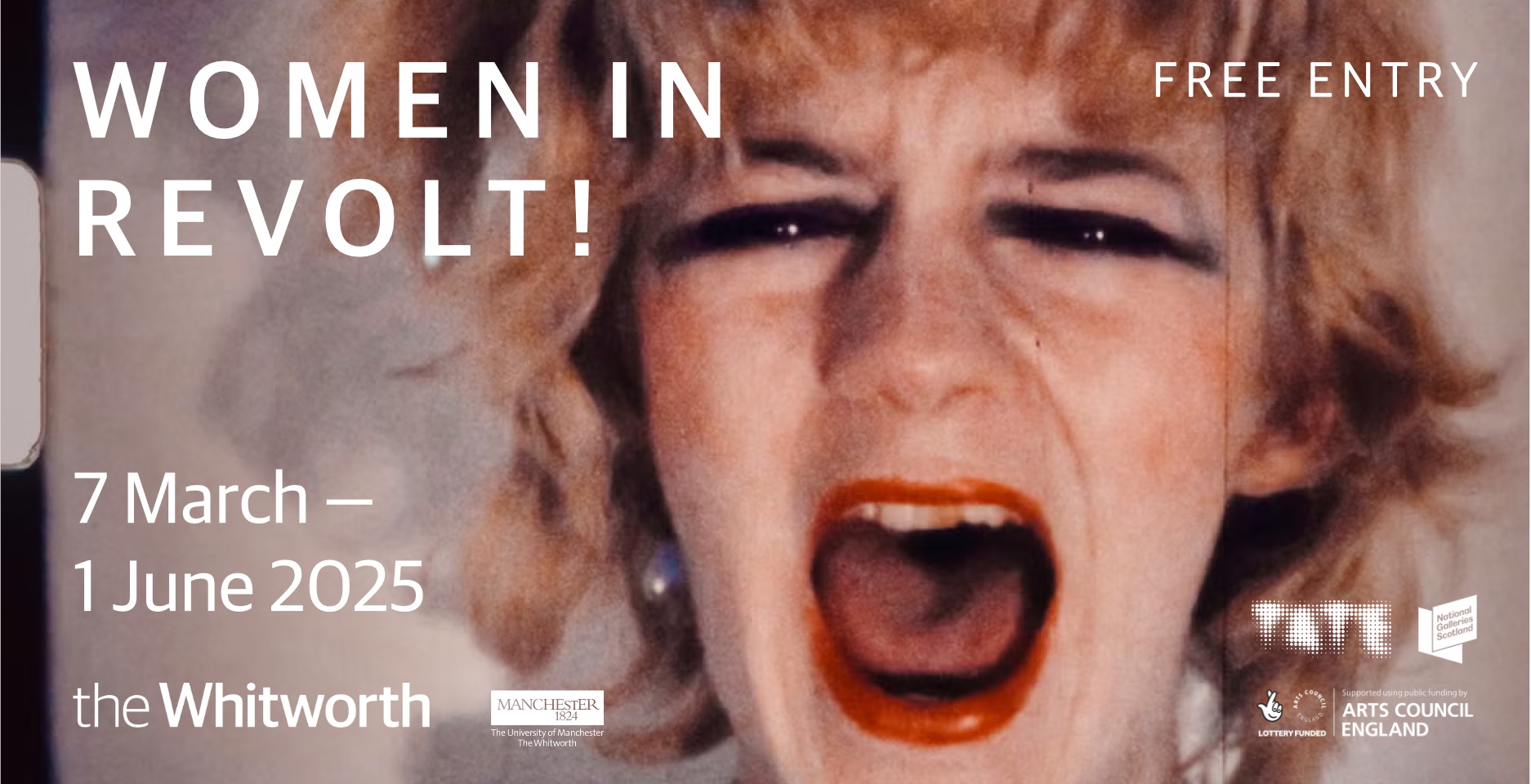Art Monthly 448
Jul-Aug 2021
Kader Attia
Interviewed by Maria Walsh
Workless Art Work
Dave Beech
Fehras Publishing Practices
Profile by Saim Demircan
Letter from Lisbon
Sarah Messerschmidt
Buy Now – select:
Want to read this right now?
Get instant access to the entire back catalogue via Exact Editions from only £8.99!
Contents
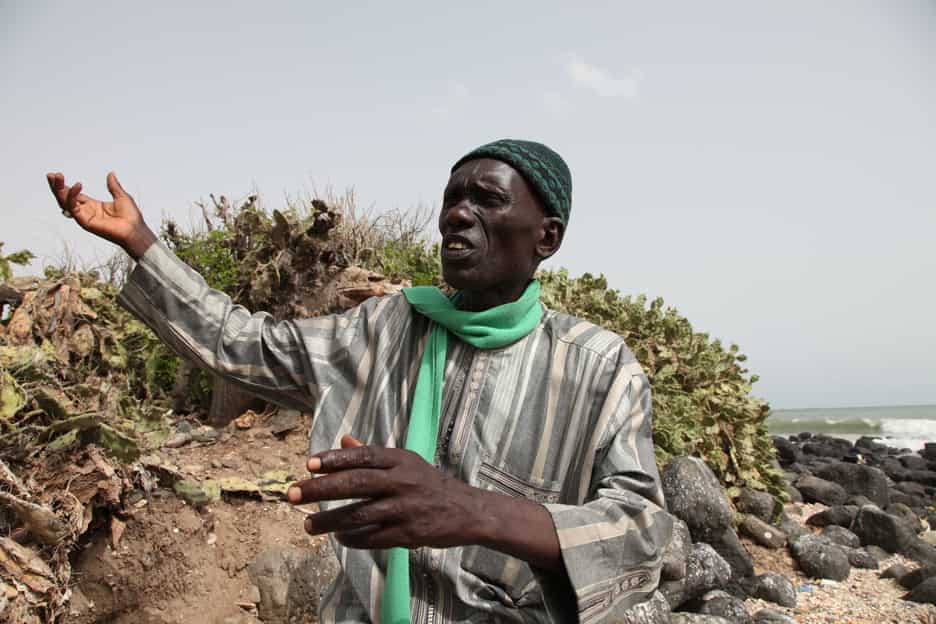
Kader Attia, Reason’s Oxymorons, 2015
Feature
Repair and Reparation
Kader Attia interviewed by Maria Walsh
By pretending that we’re able to go back to the original when we repair things, we are denying the accident, and then we are denying time and history, which is the complete opposite of pre-modern societies in which history and the incorporation of injury was also the incorporation of time.
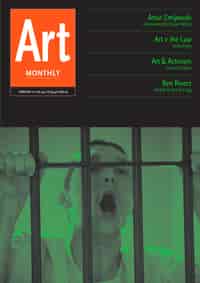 |
From the Back Catalogue |
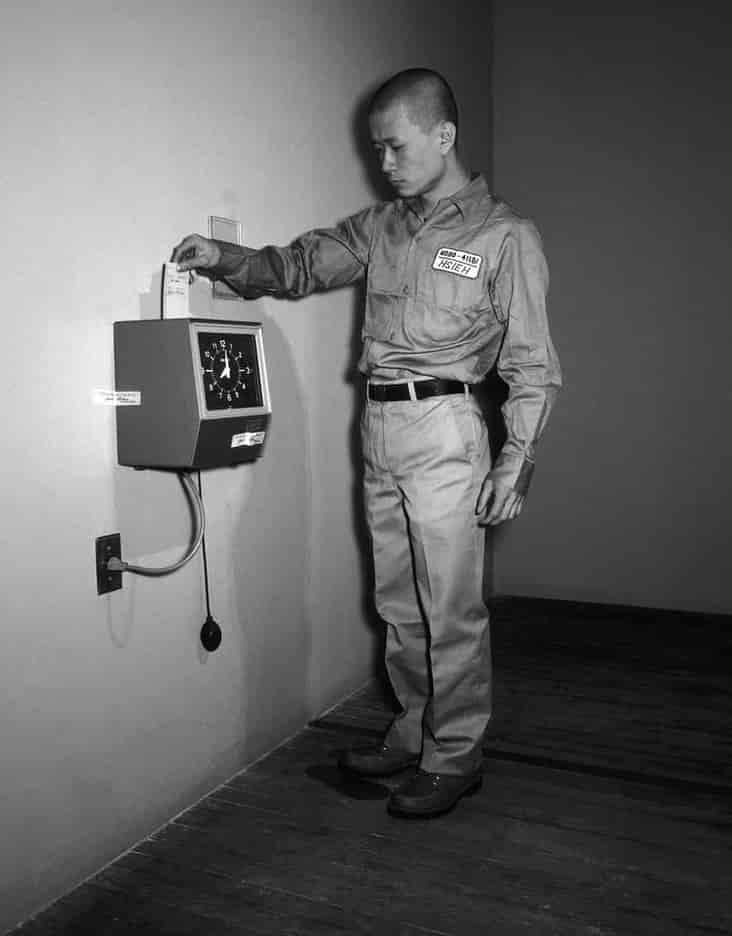
Tehching Hsieh, One Year Performance (Time Clock Piece), 1980–81
Feature
Workless Art Work
Dave Beech on the persistence of myths and counter-myths around the special status of art and artists
Art has a long history of idealising its own distinctive forms of activity, from the aesthetic experience of consuming artworks to the workless work of producing art. Myths of the so-called ‘man of taste’ and the myth of the genius do not only belong to the same historical transformation of culture but are twin developments.
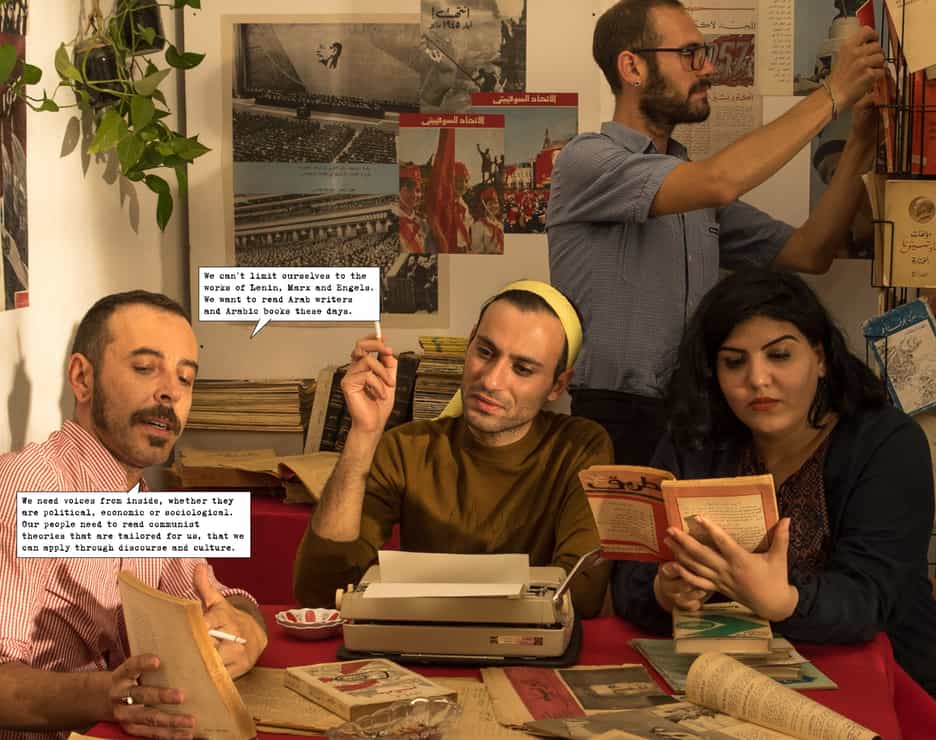
Fehras Publishing Practices, Borrowed Faces, 2020, publication detail
Profile
Fehras Publishing Practices
Saim Demircan examines the Berlin-based collective’s attempts to revisit publishing networks lost due to generations of war and migration in the MENA region
By retracing contested geographies and past conflicts across time, Fehras Publishing Practices has recuperated publishing as a space for cultural production.
Editorial
Hancock’s Half Hour
The (now former) health secretary Matt Hancock rivalled his clownish TV namesake – an artists’ favourite – for persistent endeavour in the absence of any evident aptitude.
Ultimately, however, none of this is remotely funny, particularly for those who suffer from coulrophobia – a fear of clowns – which under this government is probably most of us.
Letters
Contained
Eddie Chambers responds to Tom Denman’s feature
The question that should surely be asked, by Tom Denman and by others, is why Tate Britain, the country’s leading national art collection, is in hock to commercially successful artists who surely, by definition, can take care of themselves and have no particular need for state or institutional patronage.
Tom Denman replies
I would like to add that if museums challenged the hegemony of the commercial sector instead of mirroring it as they are accustomed to doing, this would strengthen the potential for self-reflexivity from the museums and critical engagement with the objects they choose to exhibit, especially given the laissez-faire origins of institutions such as Tate.
Walk and Chew Gum
Henry Broome responds to Matthew Bowman
Who am I meant to reply to? Matthew Bowman or Immanuel Kant?
Matthew Bowman replies
Henry Broome seems to take himself as rebutting my argument when he is actually repeating exactly what I – and Immanuel Kant, dare I add – proclaimed.
Artnotes
Climate Trespassers
The heavy-handed Science Museum calls in police to evict teenagers protesting against Shell’s sponsorship of the museum’s climate-change exhibition; the ransacking of a Palestinian artist-led arts centre has led to some artists de-authoring works sold to supporters of the Israeli state; colonial-era statues across the UK continue to cause unrest after the interventions of government ministers; the education and culture secretaries both continue to fan the flames of their culture war; plus the latest on galleries, people, prizes and more.
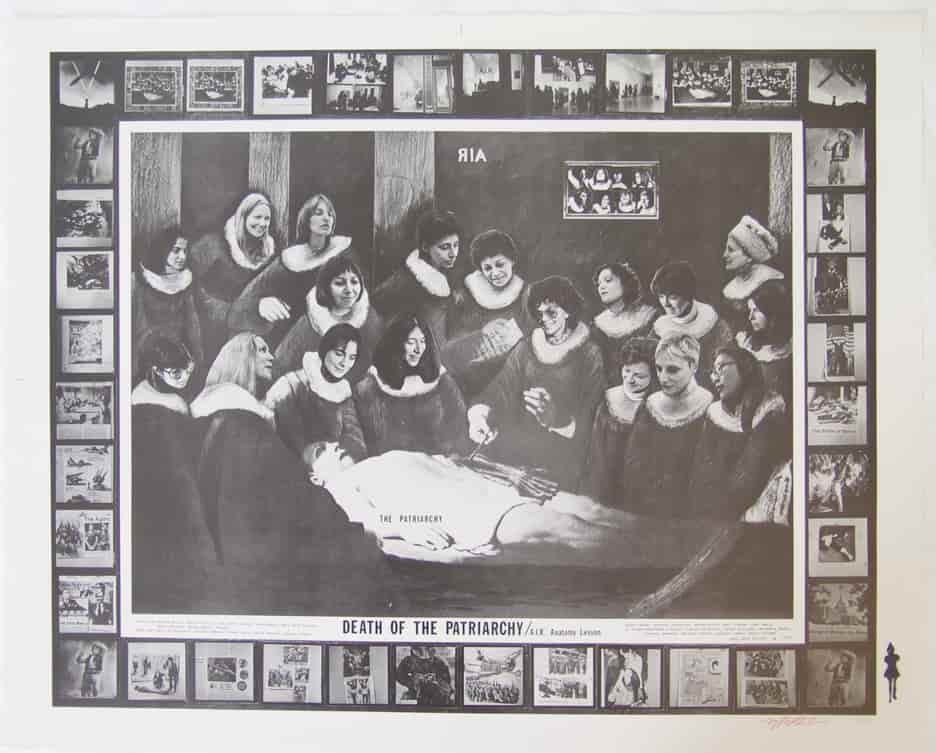
Mary Beth Edelson, Death of Patriarchy/A.I.R. Anatomy Lesson, 1976
Obituary
Mary Beth Edelson 1933–2021
Maria Walsh

Zineb Sedira, Sugar Routes, 2013 Liverpool Biennial
Exhibitions
Glasgow International
various venues
Paul Carey-Kent
Liverpool Biennial: The Stomach and the Port
various venues
Bob Dickinson
Veronica Ryan: Along a Spectrum
Spike Island, Bristol
Hettie Judah
Kerry Tribe: Standardised Patient
Wellcome Collection, London
Adam Hines-Green
Leah Capaldi: Big Slit
Matt’s Gallery, London
Cherry Smyth
Bedwyr Williams: Milquetoast
Southwark Park Galleries, London
Peter Suchin
CFGNY: Collecting Dissonance
Auto Italia, London
Philomena Epps
Mercedes Azpilicueta: Bondage of Passions
Gasworks, London
Kathryn Lloyd
Matthew Barney: Redoubt
Hayward Gallery, London
Morgan Quaintance
Emily Wardill: Soft Spot
carlier | gebauer, Berlin
Mark Prince
Remote Work
Lubaina Himid: The Mourning Kangas
Grundy Art Gallery, Blackpool
Bob Dickinson
Leo Fitzmaurice: Enjoy Civic Life
Humber Street Gallery, Hull
Tom Emery
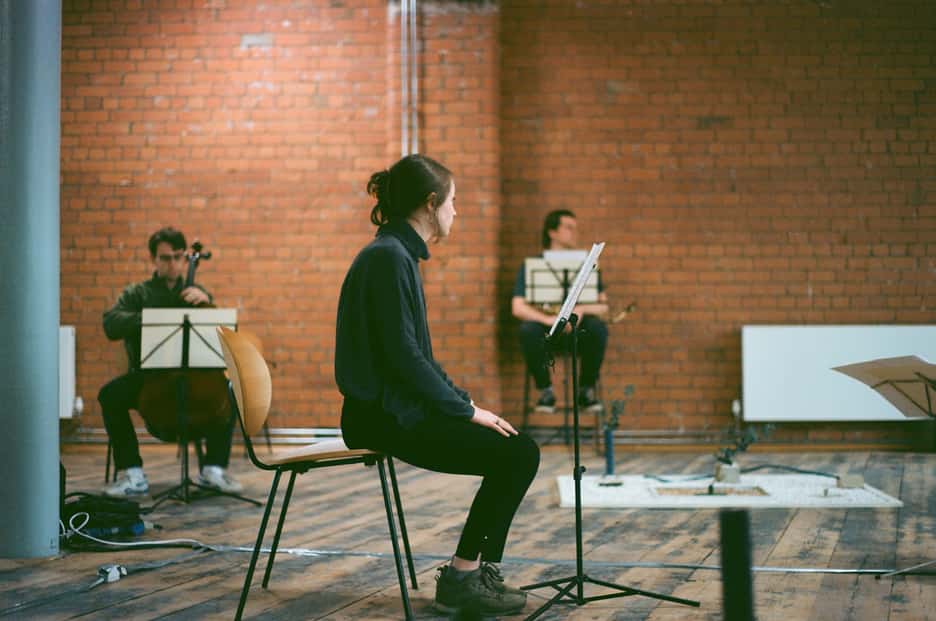
Eleanor Cully in a performance of Jack Sheen’s Hollow propranolol séance
Sound
Jack Sheen: Croon harvest
Ashiya Eastwood
Given how long it had been since most of us had been around so many other people or experienced any kind of public art performance, it was somewhat ironic that this first outing was one in which the phone was mostly used in place of the live voice, even though the people whose voices we were hearing were right there before us.
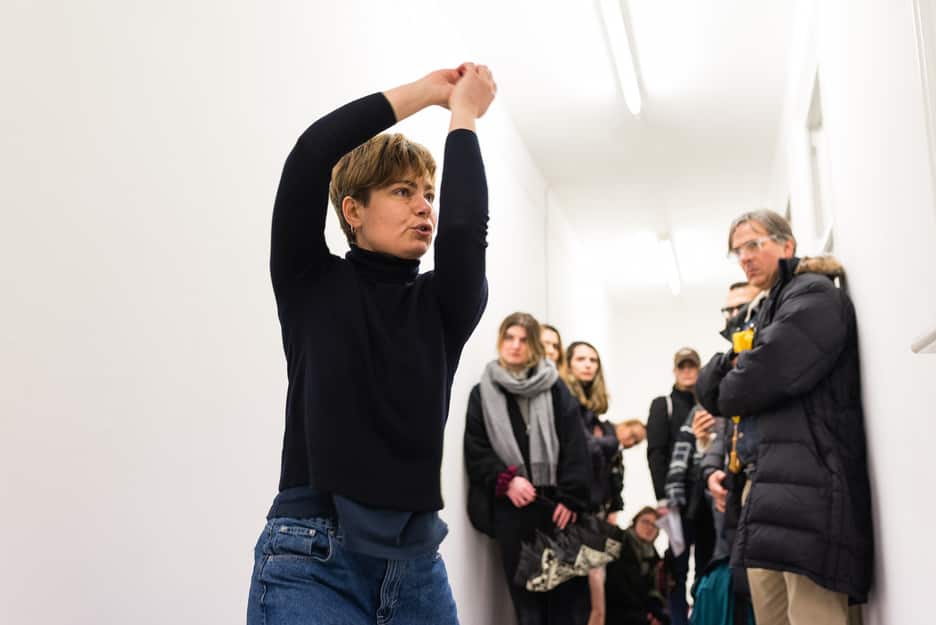
Georgia Sagri, Breathing (5-1-5), 2020, performance, 5 March 2020, Mimosa House, London
Artists’ Books
Georgia Sagri: Stage of Recovery
Kiera Blakey
When Georgia Sagri arrived in New York from Athens in 2006, she noted that New Yorkers rarely left the house without the purpose of consuming something.
Books
Amelia Horgan: Lost in Work – Escaping Capitalism
Gwen Burlington
The book is undeniably a bid against work as we know it, whilst also being a critique of the internal dynamics of capitalism.
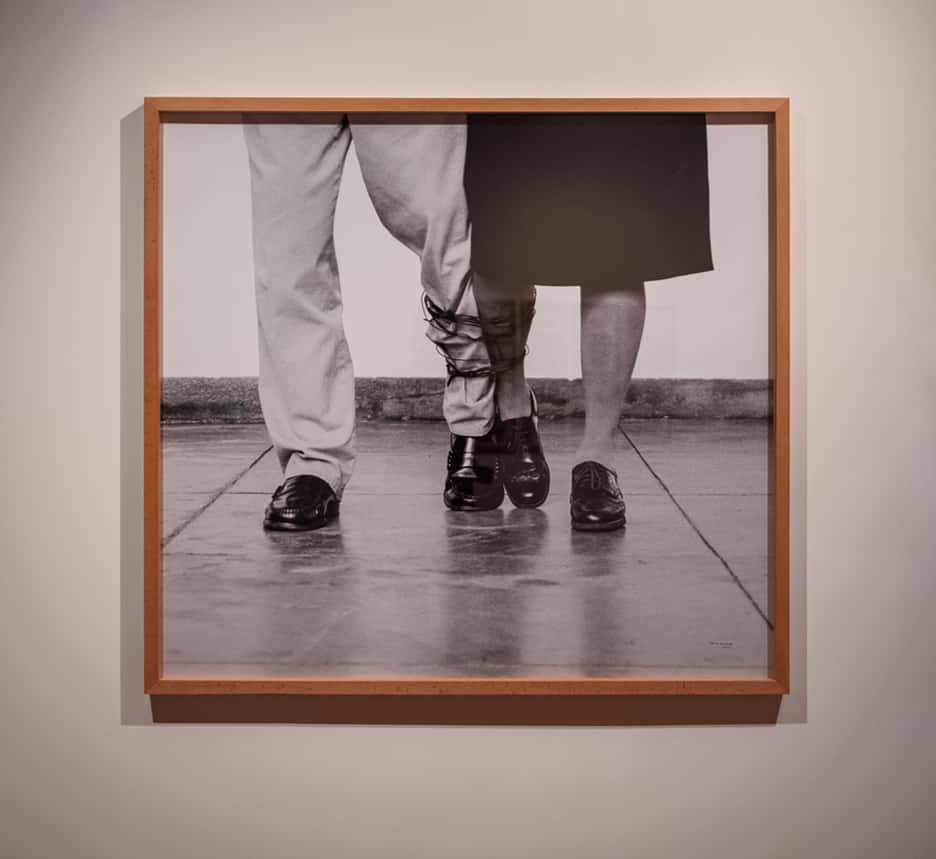
Helena Almeida, Untitled, 2010, from ‘All I Want – Portuguese Women Artists from 1900–2020’, Gulbenkian Foundation
Reports
Letter from Lisbon
Sarah Messerschmidt
If Lisbon’s contemporary art world is currently reckoning with its history, then this pandemic has provoked a collective reflection upon the societies we inhabit.
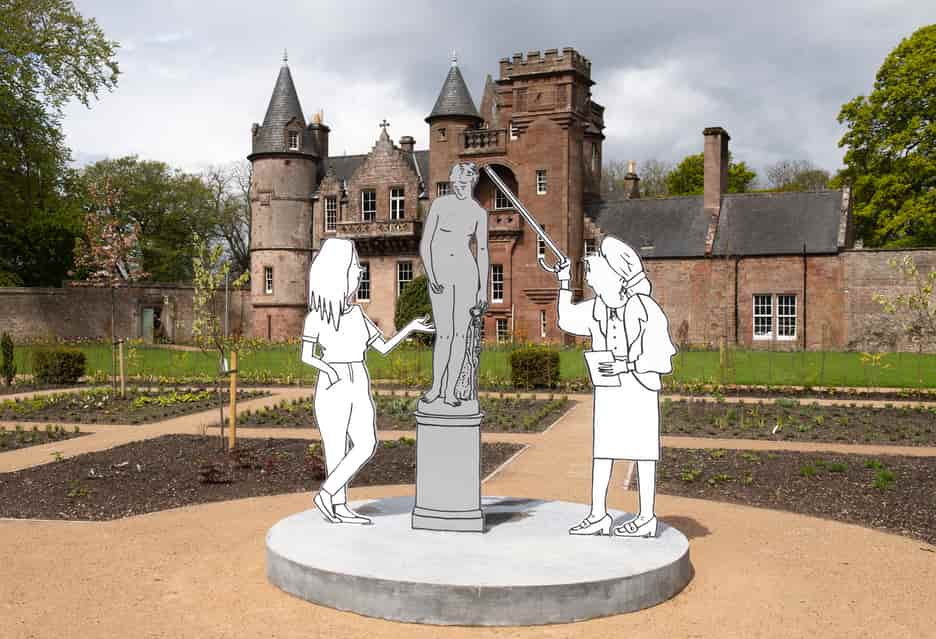
Mick Peter, Gerroff!! (Or User Feedback), 2021, Hospitalfield, Arbroath
Letter from Arbroath and Dundee
Greg Thomas
Devolution of artistic culture across England, Scotland and Wales is often spoken of in nebulously positive terms without a clear sense of how the process might unfold differently in each.
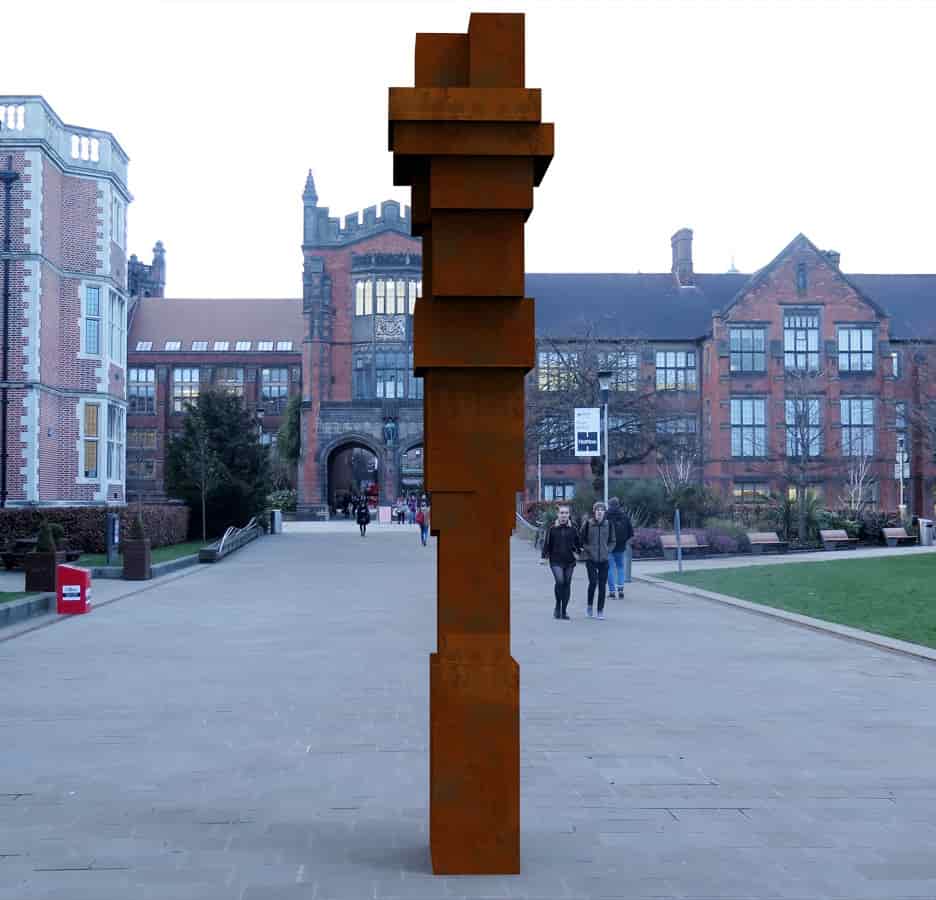
Antony Gormley, Clasp, 2018, digital rendering of installation at Newcastle University
Artlaw
A Curious Act of Vandalism
Henry Lydiate
In June 2021 an accused vandal, who admitted spray-painting a publicly sited sculpture by Antony Gormley, was found not guilty of committing an offence of criminal damage because the jury accepted the accused’s defence that ‘Gormley would have liked it’.

